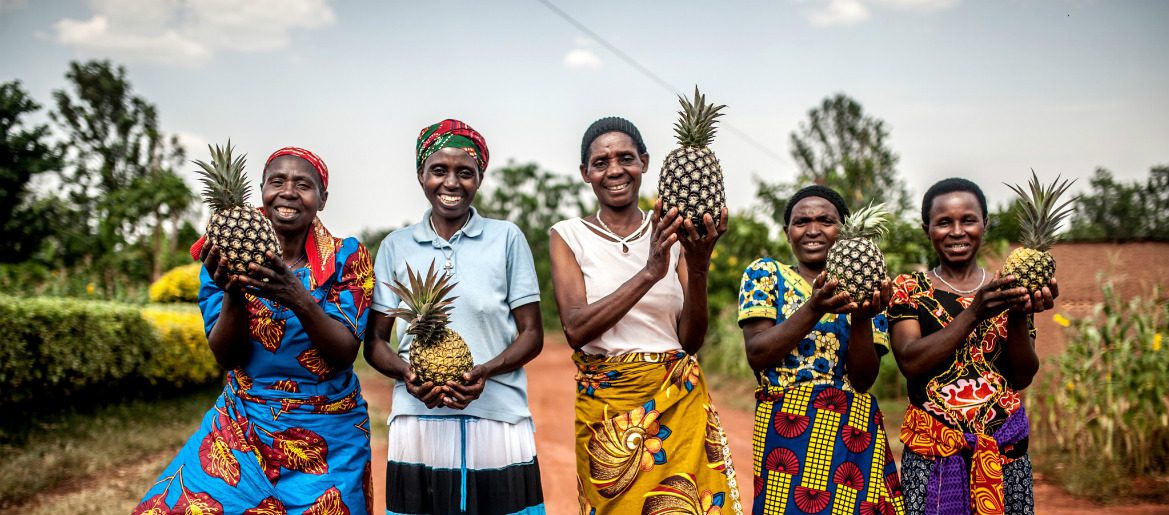Gender, poverty & power
When you’re working to stamp out poverty, gender matters.
When we talk about gender, we’re not talking about a person’s sex but the social relationships between men and women. These roles are are social constructs in that they’re learned and influenced by social class, ethnicity, age, sexuality, ability, disability and culture.
These constructed gender roles directly affect a person’s ability to access and control resources. This explains why gender and poverty are so indivisibly linked.
In many instances we’re working in communities where these roles are deeply entrenched. Most are male-dominated communities that view women as inferior, and where women are oppressed and disadvantaged as a result.
We support work around the world to help women overcome the discrimination they face, and realise their basic rights.
Working with women and men
The contributions of both men and women are needed for positive and lasting change.
Our projects – like developing clean water systems in Vietnam, building schools in Laos and supporting HIV and AIDS programs in Southern Africa – address the needs and rights of women and men.
The “We Can End Violence Against Women campaign” achieved great success in breaking the silence on gender violence, through media coverage, rallies and door-to-door campaigns. It involved recruiting volunteer “change-makers” who were committed to the cause and willing to mobilise others into action.
Obaidur Rahman, a bus driver from Dinajapur, Bangladesh used to beat his wife. After seeing the error of his ways, he volunteered as a change maker with the “We Can” campaign: “I am a better man now. Previously…with slightest provocation, I started beating [my wife],” Obaidur Rahman says.
We also initiate projects that support women’s rights in particular. Current programs include:
- In Papua New Guinea, we are striving to end violence against women and girls, including sorcery-related violence.
- In Timor-Leste, we’re supporting women to nominate as candidates in village council elections. As a result 90 women were elected on to their councils in Cova Lima district for the first time
- In Mozambique, we’re working to reduce the incidence of violence against women
- In Australia , we’ve supported Aboriginal and Torres Strait Islander women and non-Indigenous women to work together to advance reconciliation as part of our Straight Talk initiative in Canberra
An integrated approach
To achieve gender equality, an awareness of gender impacts must be integrated into all aspects of a project by committed, trained staff and based on an awareness that gender equality is a fundamental human right.
“Understanding and respecting gender theoretically is not adequate – you have to feel it, you have to act it and you have to model it,” says Oxfam’s Nalini Kasynathan. “If you have staff who model good behaviour, then community models good behaviour.”
“We need to make sure that women know what their rights are, they need to know they have political rights and rights over their body … rights awareness needs to go hand-in-hand with generating income. Only if that happens, are women empowered.”
Learn more
- Read blogs about our work with women.
- Read more about how mining affects women.
